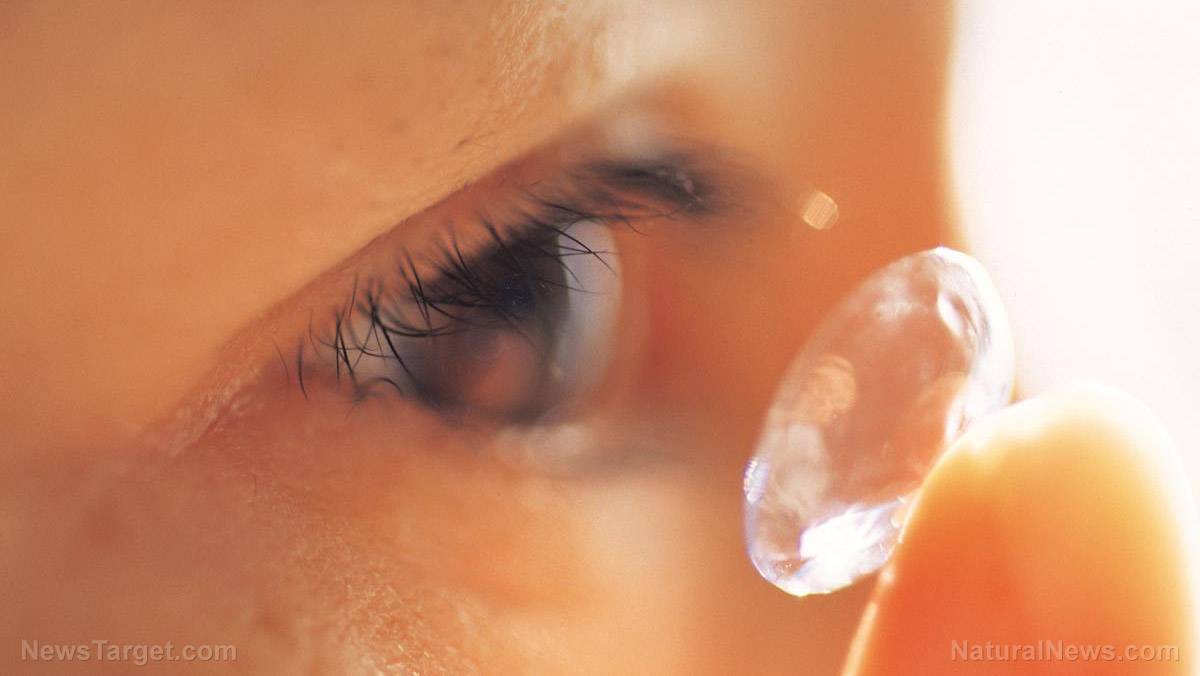Animal study suggests using grape seed extract to reduce post-exercise fatigue
10/22/2018 / By Ellaine Castillo

Exercise has many health benefits but many people are discouraged from doing it by the fatigue that they experience afterwards. A study conducted by researchers from Hunan University of Arts and Science and Hunan Normal University revealed that grape seed extract could potentially reduce post-exercise fatigue.
Fatigue is a problem wherein the person experiences either physical or mental tiredness. Regular physical activity is good for fatigue but too much of it can also lead to fatigue. This is very common in people who exercise since exercise programs are often progressive and they tend to push the body to its limits. This causes the body to be overworked, which can lead to fatigue.
Post-exercise fatigue has been associated with free-radical induced damage, as well as inflammation and mitochondrial dysfunction. Because of this, researchers explore the potential of antioxidants in relieving fatigue.
The main component found in grape seeds is a potent antioxidant called proanthocyanidin. This powerful antioxidant is actually a complex of multiple antioxidants. Previous studies have shown that proanthocyanidin from grape seed has the ability to reduce inflammation and improve mitochondrial function, which is why it is commonly used for treatment of diseases such as gastrointestinal problems.
In this study, which was published in Food and Nutrition Research, the researchers made use of mouse models that were forced to swim in order to determine the effects of proanthocyanidin on post-exercise fatigue. Grape seed extracts were orally administered to the mice at various concentrations, for a period of 28 days.
The researchers observed that a daily dose of 50 and 100 mg/kg of body weight was able to reduce exercise-induced fatigue, as shown by the ability of the mice to swim for longer periods of time. In addition, they observed that enzymes that serve as indicators for muscle injury were significantly reduced, proving that proanthocyanidin from grape seed effectively protects against fatigue-induced muscular damage. They attributed this protective activity of proanthocyanidin to its strong antioxidant activity since exhaustion has been associated with increased free radical production. Aside from its inherent antioxidant property, proanthocyanidin also proved to promote the activities of superoxide dismutase and catalase, which are known antioxidant enzymes, while inhibiting the oxidative indicator malondialdehyde.
The researchers also determined that proanthocyanidin has anti-inflammatory activity based on the observed reduction in pro-inflammatory cytokines, which are usually elevated after exercising. The anti-inflammatory activity of proanthocyanidin is important since chronic inflammation can damage the skeletal muscles and promote fatigue.
When doing exhaustive exercise, the body’s ability to generate energy in the form of ATP (adenosine triphosphate) is also impaired through mitochondrial damage. In the study, the researchers observed that proanthocyanidin was able to improve mitochondrial function, effectively delaying exercise-induced fatigue.
Overall, the results of this study prove that grape seed proanthocyanidin extracts significantly improved fatigue through its antioxidant and anti-inflammatory properties. Additionally, proanthocyanidin can delay fatigue by improving mitochondrial function. These results show that grape seed can be used to remedy fatigue caused by exhaustive exercise. (Related: Live longer: Don’t ignore these serious causes of fatigue.)
Symptoms of fatigue
Aside from exhaustion, there are many other symptoms of fatigue that people can look out for so they know when it’s time to take a break from intense physical or mental activity. These symptoms include the following:
- Sore muscles
- Lack of motivation
- Drowsiness
- Poor concentration
- Gastrointestinal problems
- Mood swings
- Headaches
- Blurry vision
Learn more about how antioxidants can improve your health by visiting Health.news today.
Sources include:
Tagged Under: anti-inflammatory, antioxidants, energy metabolism, exercise, exhaustion, fatigue, fitness, Free radicals, grape seed, grapes, inflammation, MItochondrial Dysfunction, nutrients, oxidative stress, physical tiredness, post-exercise fatigue, proanthocyanidin, slender, tiredness



















